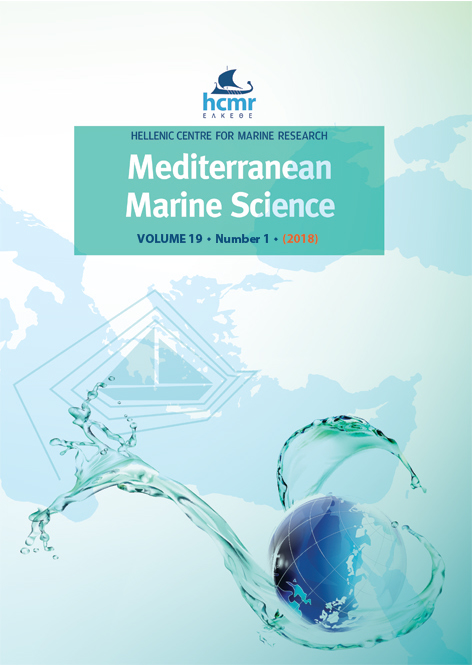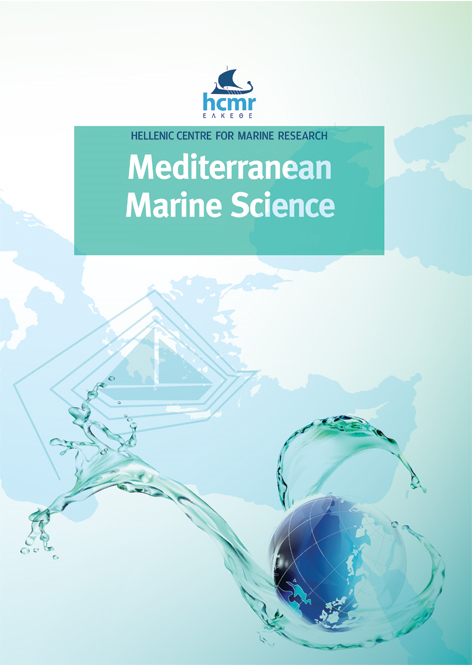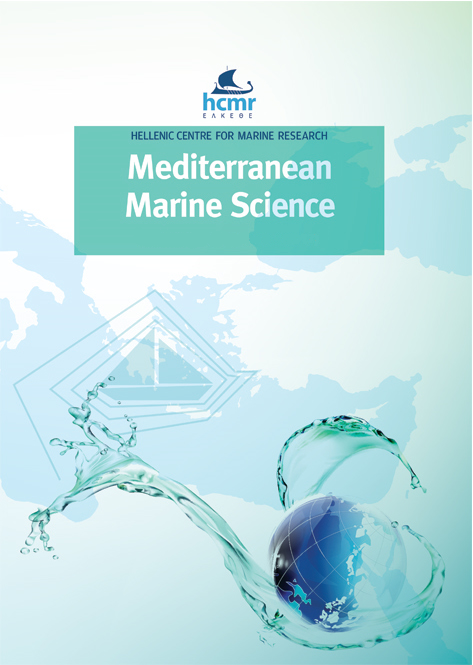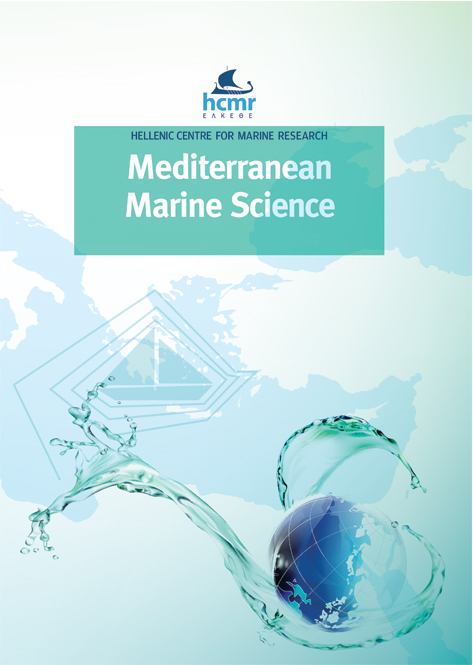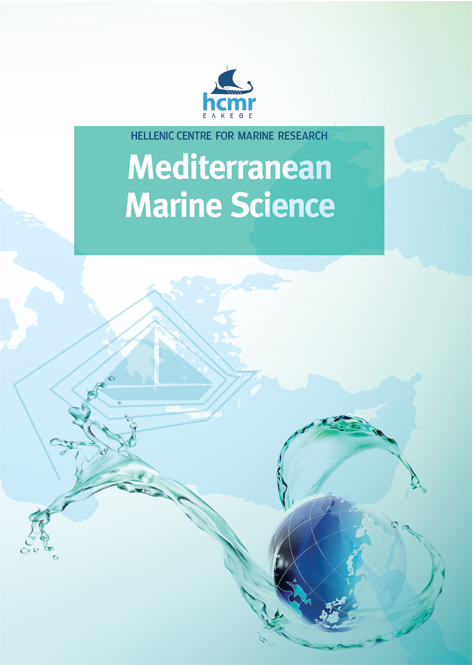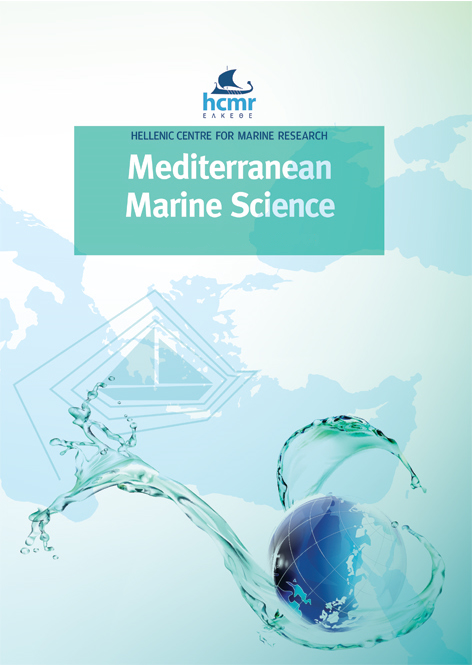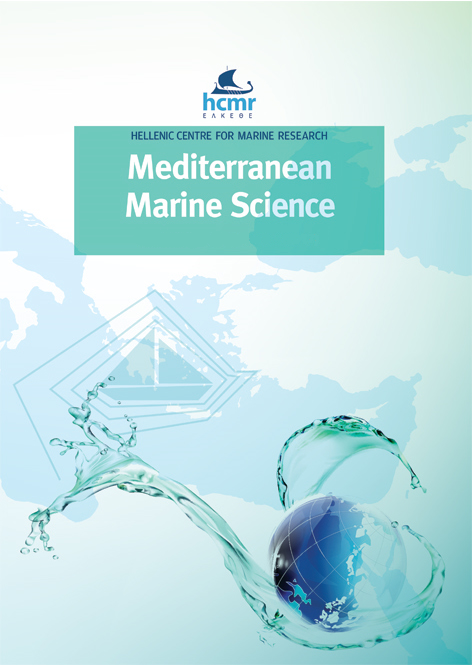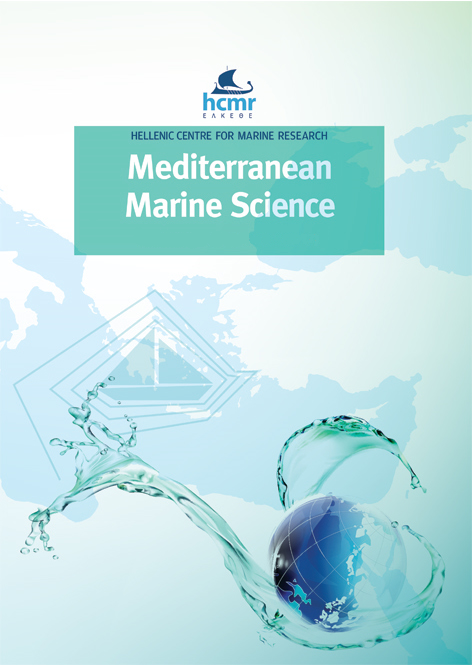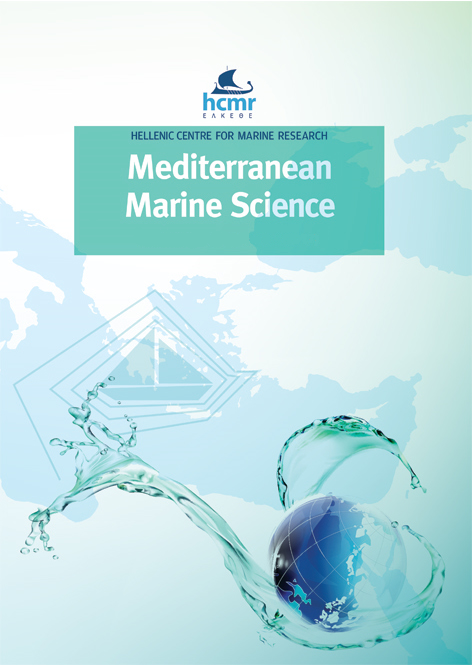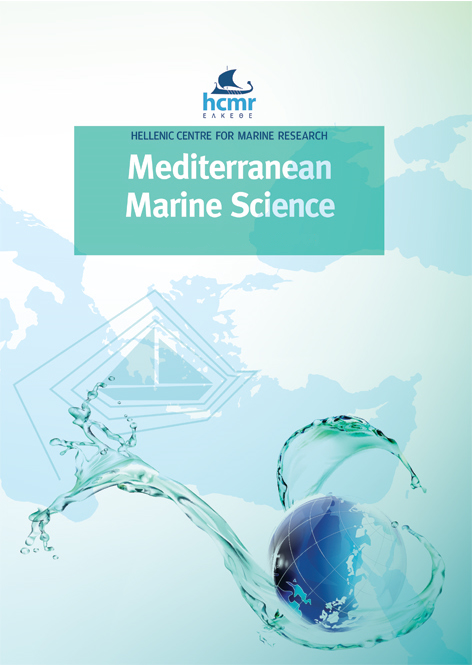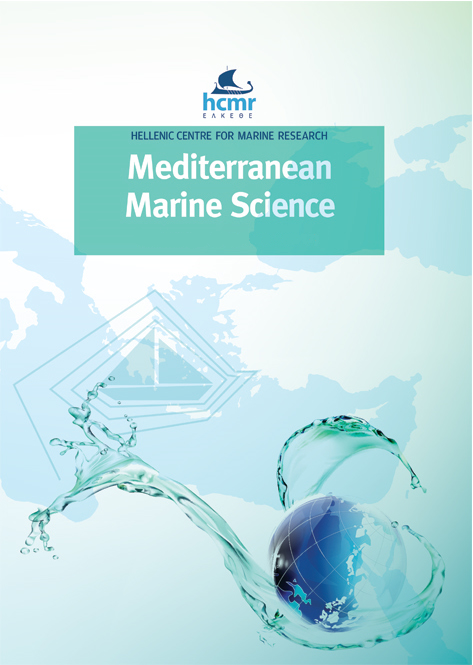Assessing the socio-economic impacts of priority marine invasive fishes in the Mediterranean with the newly proposed SEICAT methodology
Resumen
The assessment of impacts of alien species is one of the most critical steps for the prioritisation of policy and management actions and this requires assessment schemes that can compare impacts across different taxa, ecosystems and socio-economic contexts. The Environmental and Socio-Economic Impact Classification of Alien Species (EICAT and SEICAT) are two methodologies that facilitate such comparisons. They classify alien taxa along a 5-level, semi-quantitative scale based on the magnitude of their impacts on the environment and human well-being, respectively. In this study, we applied both protocols to seven invasive marine fishes that that are already considered “high-risk” and have been singled out for monitoring in relation to fisheries in the Mediterranean (Plotosus lineatus, Pterois miles/volitans, Fistularia commersonii, Lagocephalus sceleratus, Siganus rivulatus/Siganus luridus and Saurida lessepsianus). Here, we focus in particular on their socio-economic impacts. By systematically reviewing the published literature and scoring the demonstrated impacts we show that the taxa with the highest environmental impacts (Major) are P. miles/volitans and the two siganids. In contrast, L. sceleratus had the highest socio-economic impact (Moderate) and highest number of impact records. The high and uniform densities of P. lineatus caused widespread, albeit less severe, impacts in the invaded areas. Human activities that are primarily affected by the selected taxa are commercial and recreational fishing and other recreational uses of the sea through impacts on, mainly, material assets and human health. We found significant data gaps regarding the species’ environmental impacts, especially relating to predation, and make specific recommendations for future research. The links between environmental and socio-economic impacts, especially their cultural dimensions, are poorly documented and require novel approaches. Surveys specifically adapted to capture the distinction between socio-economic impact classes would strengthen our confidence in the assessments and better inform prioritisation and decision-making.
Article Details
- Cómo citar
-
GALANIDI, M., ZENETOS, A., & BACHER, S. (2018). Assessing the socio-economic impacts of priority marine invasive fishes in the Mediterranean with the newly proposed SEICAT methodology. Mediterranean Marine Science, 19(1), 107–123. https://doi.org/10.12681/mms.15940
- Número
- Vol. 19 Núm. 1 (2018)
- Sección
- Research Article
Authors who publish with this journal agree to the following terms:
- Authors retain copyright and grant the journal right of first publication with the work simultaneously licensed under a Creative Commons Attribution Non-Commercial License that allows others to share the work with an acknowledgement of the work's authorship and initial publication in this journal.
- Authors are able to enter into separate, additional contractual arrangements for the non-exclusive distribution of the journal's published version of the work (e.g. post it to an institutional repository or publish it in a book), with an acknowledgement of its initial publication in this journal.
- Authors are permitted and encouraged to post their work online (preferably in institutional repositories or on their website) prior to and during the submission process, as it can lead to productive exchanges, as well as earlier and greater citation of published work (See The Effect of Open Access).

